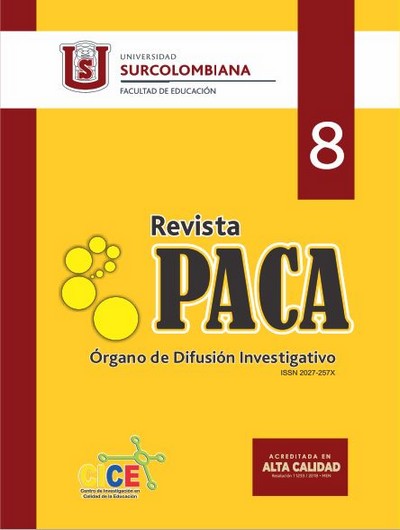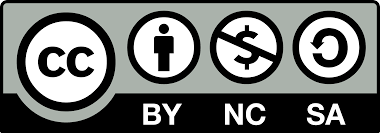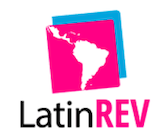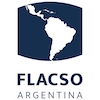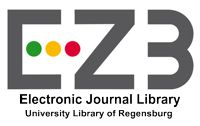Educators to think
##plugins.themes.bootstrap3.article.main##
This project was conducted to determine the knowledge of Child Sexual
Abuse (CSA) in education undergraduate students. Participants were 116 senior students of the program and those doing the practices in schools from Surcolombian University in Neiva Huila - Colombia.
The study period covered the second half of 2015. A full scientific study was gathered about Child Sexual Abuse (CSA) supporting scholarly resources. Data was collected through a questionnaire process stating how much knowledge students have in regards to child sex abuse. The questions consisted of self- knowledge variables: The concept of child sexual abuse, the current laws and regulations within the country, and intervention to prevent child sex abuse. Additional questions posed were student's personal experience with child sex abuse in regard to how do they know how to report such cases.
Results from the questionnaire determined the students showed an inadequate level of knowledge, meaning the students cannot process a child sex abuse effectively. The knowledge of Child Sexual Abuse (CSA)'sis unfortunately lower than the international groups.
In conclusion, there is an urgent need of training for these students in order for them to become advocates for abused children. The creation of such a program as Child Sexual Abuse (CSA) will help prevent and intervene on behalf of Colombian's future children. This is an ongoing need and will need to be monitored and evaluated as time goes by to insure regulations are being met.
Downloads
##plugins.themes.bootstrap3.article.details##
Aguilar, M. (2009). ABUSO SEXUAL EN LA INFANCIA. Revistas Científicas de la Universidad de Murcia. Anales de Derecho, 210 -240.
Alokan, F. B. (Abril de 2014). European Scientific Journal . Recuperado el Dox mil diez y xeix
Arendt, H. (2002). La vida del espíritu. Barcelona: Paidós.
Arendt, H. (2005). La condición humana. Barcelona: Paidós.
Barrios, A. (10 de Octubre de 2009). Diseño de una cartilla como herramienta para la prevencion del abuso sexual infantil en niños de 6 a 9 años. Recuperado el 2016, de http://www.bdigital.unal.edu.co/8484/1/534793.2009.pdf
Bunge,M. (2007).
FISCAL, M. P. (9 de Noviembre de 2015). (ATAJO, Editor) Recuperado el Febrero de 2016, de https://www.fiscales.gob.ar/atajo/capacitacion-adocentes-sobre-abuso-sexual-en-ninos-ninas-y-adolescentes/ICBFALCALDÍADENEIVA,S.D.( 2016). Colombia aprende. Obtenido de http://www.colombiaaprende.edu.co/html/familia/1597/articles305952_neiva.pdf
Intebi, I. (1998). Abuso sexual infantil en las mejores familias, "Perfil del abusador, ¿quiénes son? Madrid. España.
Kelley, S. J. (2008). El Abuso Sexual de Niños en Guarderías. . ASAPMI Asociacion Argentina de Prevención del Maltrato Infantil y Juvenil.
Kempe, H. (1978). Sexual abuse, another hidden pediatric problem. SPediatrics, 62: 182-8.
Lonsway, K. (1993). Rape Myths. sage journal, 133-164. https://doi.org/10.1111/j.1471-6402.1994.tb00448.x
Lopez, F. (1996). Los abusos sexuales de menores. lo que recuerdan los adultos. Anales de psicología, 196.
Peleikis. (2005). Currentt mental health in women with childhood sexual. https://doi.org/10.1016/j.eurpsy.2005.01.004
Portero, G. (1 de diciembre de 2011). Euskadi. (E. J. Nagusia, Ed.) Recuperado el 15 de octubre de 2016.
REDIME. (19 de Junio de 2010). Obtenido de Asociación Redime Blog: http://redimeasociacion.blogspot.com.co/2010/06/diferentes-tipos-deabusos-sexuales_1795.html
Rodríguez, Y. (2012). Consecuencias Psicológicas del Abuso Sexual Infantil. Periódicos Eletrónicos de Psicologia (PePSIC), 9 (1).


